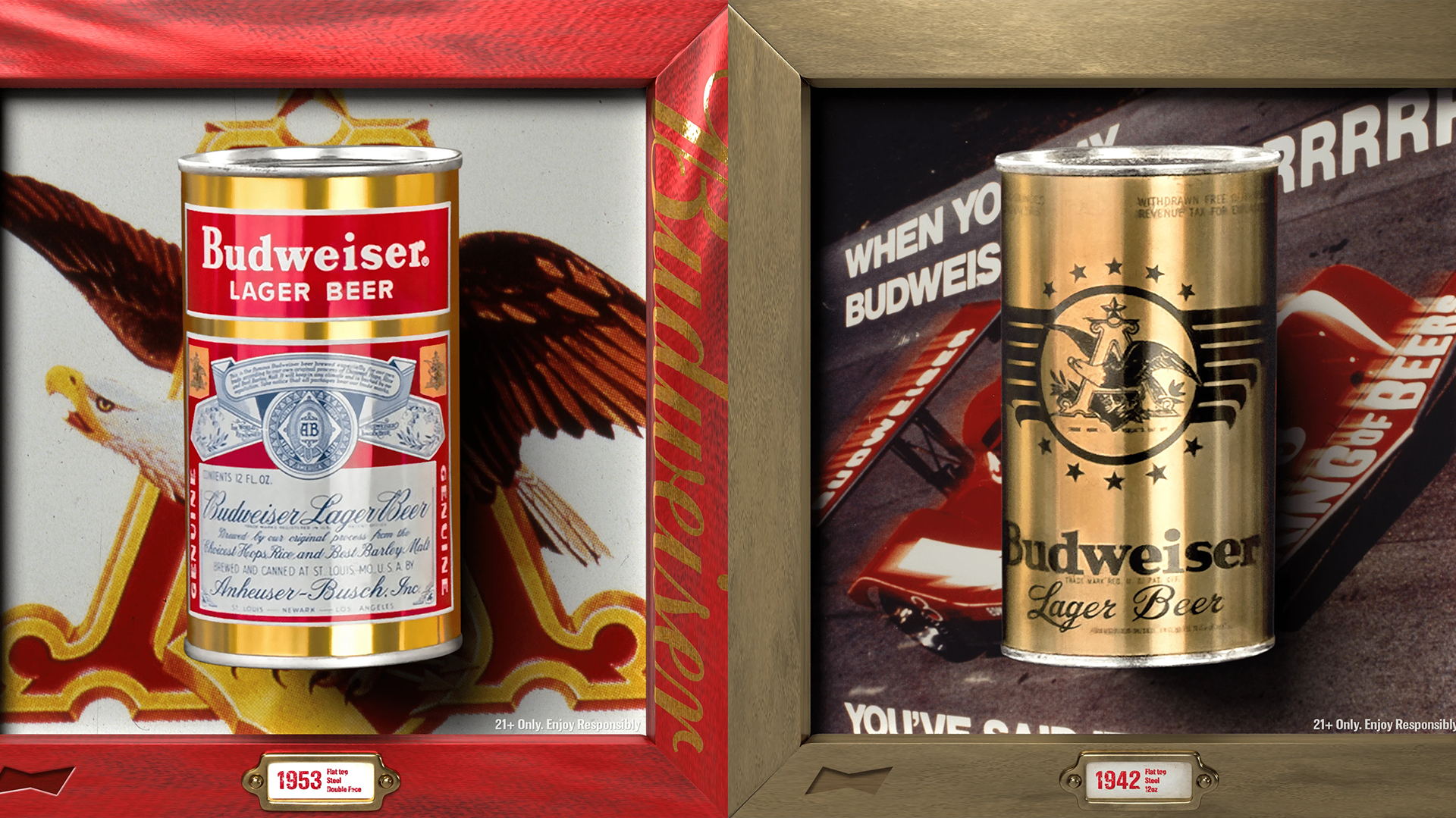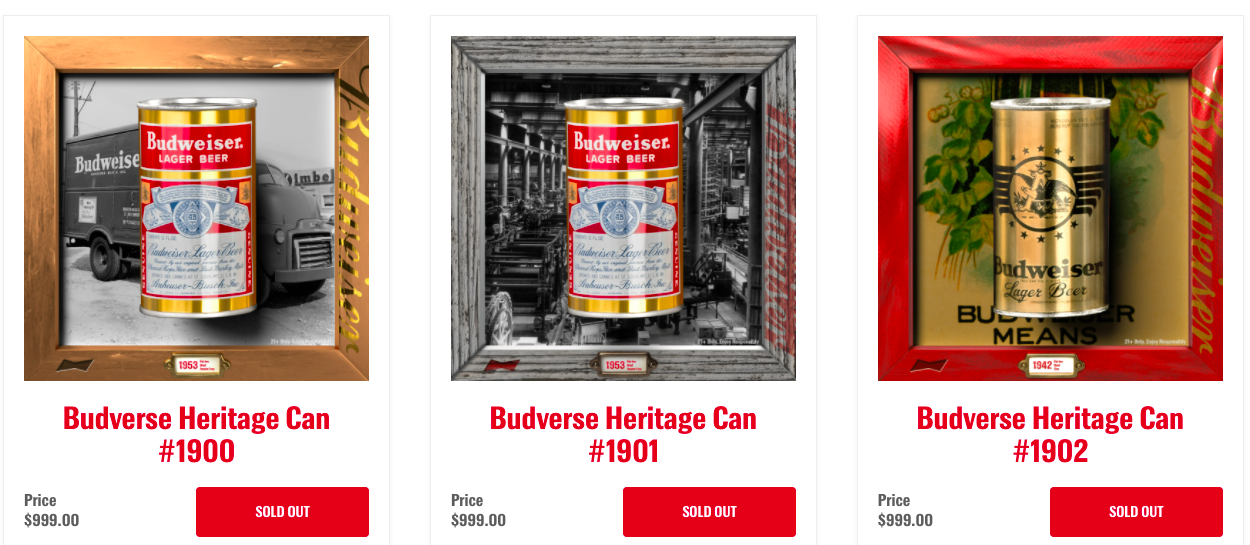THIS IS IT! DIELINE Awards 2026 Late Entry Deadline Ends Feb 28
Budweiser Sells Out Of First NFT Offering, But What Did Collectors Actually Buy?
By
Published
Filed under

By
Published
Filed under

The rapid rise in cryptocurrency interest and market value has everyone looking for ways to leverage the hype around the technology and get a taste of the profits that some of those crypto investors have seen in the last two years.
Driven by FOMO and old-school greed, multitudes of token projects are coming out of the woodwork and powered by the same technology behind coins like Ethereum. Tokens are like coins, except they can get customized to function in specific ways. One type of token riding the hype train are NFTs, i.e., Non-Fungible Tokens. They are unlike other tokens or coins on the blockchain in that they can not be duplicated or exchanged one-for-one. This functionality is particularly useful in the art and collection world, as proof-of-ownership and authenticity can be verified with a high degree of confidence, as blockchain records are distributed and can’t be destroyed or edited by anyone. Artists aren’t the only ones releasing NFT to sell art; brands are getting in and offering digital collectibles.

Get unlimited access to latest industry news, 27,000+ articles and case studies.
Have an account? Sign in